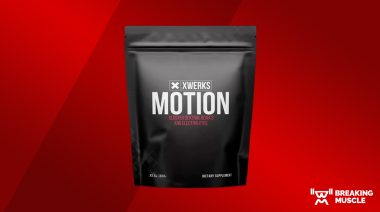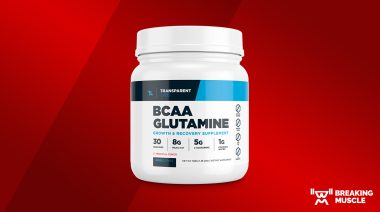Antioxidant supplements are not only good for general health, but they may also boost athletic performance. A study this month in the Journal of the International Society of Sports Nutrition looked at the existing evidence to see if taking antioxidant supplements for performance purposes is warranted.
The researchers were looking for studies in which antioxidants were examined in terms of both ergogenic and ergolytic effects on performance. You may already be familiar with the term ergogenic. When something is ergogenic it increases athletic performance. For example, caffeine has been shown in many studies to boost cardio performance. The term ergolytic means exactly the opposite: it reduces performance.
Antioxidants theoretically improve performance over time by helping the body deal with oxidative stress. Just like any other type of stress, exercise-induced physical stress is hard on the body and requires a period of recovery. As we all know, exercise is good for you, but only when we can fully recover from it, and antioxidants play an important role in recovery.
The antioxidants studied were of the typical vitamin variety – namely, vitamins A (as beta-carotene), C, and E. In this analysis, the researchers performed a literature review. They looked at several existing studies regarding antioxidants and exercise performance.
The studies were divided into two categories: one trained group and one untrained group. A person’s training status can dramatically affect the outcomes of supplementation, so it’s important that the researchers included both. The researchers postulated that beginners are subjected to greater oxidative stress, and as such would respond differently to supplementation compared to already fit individuals.
There were only twelve studies reviewed, and none of them were very large. However, some were fairly long, covering a period of three or four months. One of the studies lasted six months. The results, unfortunately, were mixed:
- Two of the studies found ergolytic effects.
- Two studies showed ergogenic effects.
- One study had partial results.
- The remaining studies found no difference between supplementation and no supplementation.
The researchers concluded that no consistent evidence exists to support the practice of taking antioxidants as ergogenic aids. They also noted that with so few studies, finding consistencies was difficult. For example, a quick examination of the reviewed literature will show that the two instances of ergogenic effects were in the trained population, whereas neither of the ergolytic studies were in the same category. Perhaps the degree of training is a critical factor. Also, many of the studies didn’t control for diet, which means there could be competing nutrients, or perhaps these nutrients were already consumed in high enough quantities.
The researchers did find that other antioxidants produced by the body, such as superoxide dismutase, increased in response to exercise, regardless of which supplements the participants used. These antioxidants might be beneficial for athletes in supplement form.
We know for sure that exercise increases oxidative stress, and antioxidants help deal with that. As far as supplemental vitamins A, C and E go, we don’t know if they benefit exercise much, but perhaps a more comprehensive formula would. Only time and more research will tell.
References:
1. Cainara Draeger, et. al., “Controversies of antioxidant vitamins supplementation in exercise: ergogenic or ergolytic effects in humans?,” Journal of the International Society of Sports Nutrition 2014, 11:4
Photo courtesy of Shutterstock.






